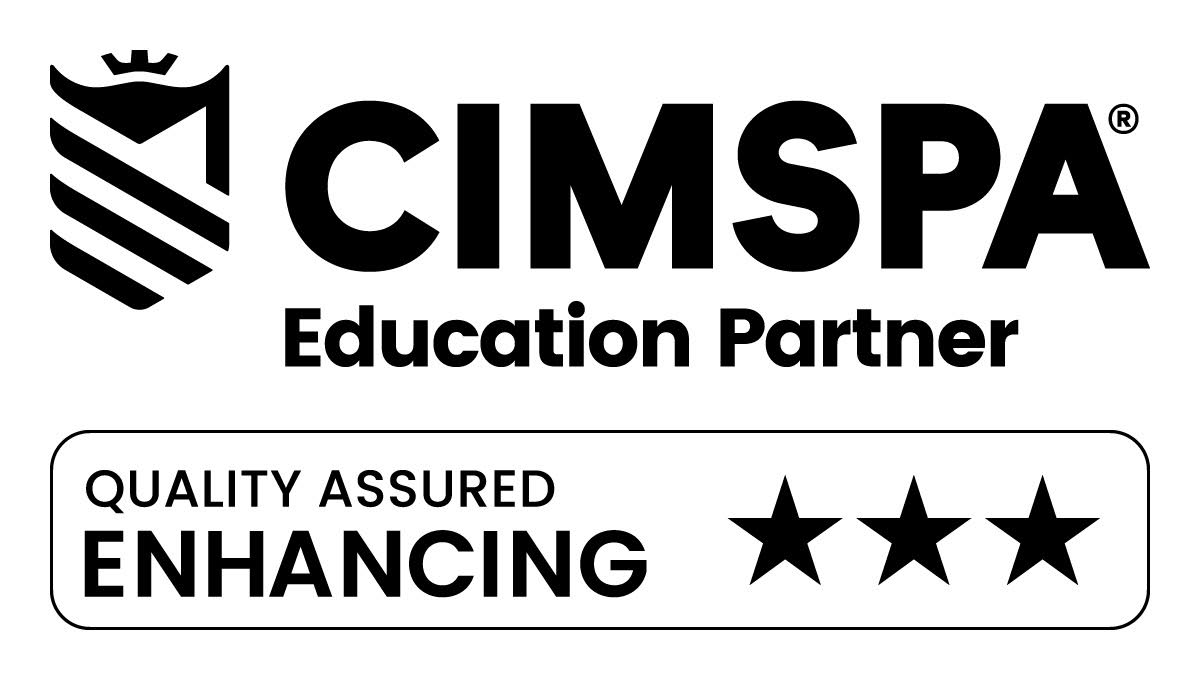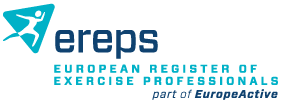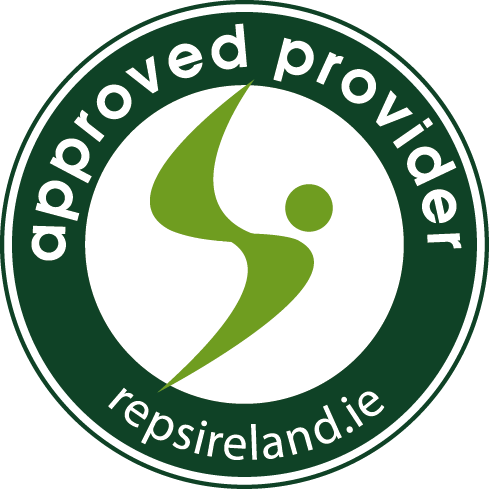Diploma in Strength & Conditioning
Qualification
Requirements
Duration
60 hrs online
+ 40 hrs in person
Location
London, (The UK)
Toronto, (Canada)
Fully tailored to your needs, award-winning e-learning platform, video instructions, digital libraries, 24/7 Support
APEC’S Diplomas are accredited by prestigious professional organisations, including REPs UK, REPs Ireland, EREPS, RSPH & CIMSPA
APEC offers multiple payment options to make the course more affordable and accessible for everyone. Training Support Grants accepted.
Become a competitive & industry-ready professional upon the course completion, supported by our job search assistance
What You’ll Achieve
Upon successful completion of the Diploma in Strength & Conditioning, you will be fully equipped to work across semi-professional and professional sports, catering to elite-level athletes. This qualification is globally recognized within the high-performance coaching community, providing you with a comprehensive skill set to propel your career forward.
- Diploma in Strength & Conditioning
- Certificate in Strength & Power
- Certificate in Speed for Sports Performance
- Lifetime access to APEC online course containing programming and periodization material used in elite sports.


Lesson Plan
Lesson Plan
The first module of the Strength & Conditioning diploma introduces you to an
overview of the role of an S&C coach, potential paths and career
progressions of a coach, recommended steps to take after receiving a
qualification and how to develop a personal coaching system and philosophy.
Having a philosophy gives a coach clear guidance on the objectives that
should be pursued and how to achieve them.
The exercise anatomy module highlights all the different systems and components that make up our living breathing body.
The exercise physiology module highlights the body’s responses to physical activity as well as how the body adapts to physical activity over time.
This module covers the importance of an initial movement screen, different types of movement screens that can be used, common movment dysfunctions to look out for and exercises that can be implemented to target these dysfunctions. This module also provides tools and PDFs to help you ask the right questions as well as build a profile on your athlete.
This module identifies a 3 step approach when it comes to profiling athletes and identifying the most appropriate performance tests to implement with the athlete.
Step 1 – Outlines the Performance Profiling of the sport/event the athlete is competing in.
Step 2 – Identifies the characteristics needed to perform in that sport/event.
Step 3 – Create a long-term periodisation and program plan that will elicit the desired performance characteristics the athlete needs to compete in the sport/event.
The training science module is the nuts and bolts of the course and focuses on all the different training systems that can be used to help your client improve their performance. Everything from Energy System Development right through to strength hypertrophy, power and speed development.
The coaching science module provides insight into the scientific foundation that underpins the work of all coaching practices. The module translates the science of coaching into real-life practice application and shows personal coaches the link between theory and practice and how to apply their learning efficiently for the benefit of their clients.
Exercise programming takes the training systems that was taught in the training science modules and shows coaches how to program for the most effective outcomes. This module covers exercise selection; the implementation of our systems approach to programming; different loading methods, how to program for the advanced athlete and how to bring all of this together to generate a structured training plan.
Periodisation takes a step back from programming and look at the systemic implementation of a program across the entire training annual plan. This module starts off by taking a look at the origins of periodisation going all the way back to the Soviet Union and East Germany before going into the planning and periodisation of a yearly training plan for athletes and the phases of yearly plan.
In this module we will take a look at the main macronutrients fat, carbohydrates and protein, why the body needs them and their importance for sporting performance. This module will also cover the importance of hydration and methods to assess water loss and how to rehydrate during or after a competition.
Coaching is an iterative process that requires self-evaluation to improve your services you provide as a coach. Self-evaluation enables you to honestly assess your strengths and also areas you need to improve upon as a coach. The session evaluation module training tool helps you evaluate your sessions in two ways: objectively, by checking whether you have achieved the outcomes of your session with your athletes; and subjectively, by getting feedback from your athletes, colleagues and mentors.
This online workshop covers some of the important considerations that coaches need to understand when working with female athletes.
The online coaching module provides coaches with access to 6 months of free online programming software. The module runs through every aspect of online coaching including a full demonstration of the RYPT platform which allow S&C coaches to create and sell programs to the clients they work with.
Communicating effectively with athletes is a very important part of being a strength & conditioning coach. The communication module of our course sets you up to communicate effectively and efficiently with your athletes. The module will cover everything from the pitch and tone of your voice right through to the different communication methods such as para verbal, non-verbal, body language and listening skill. Learners will be introduced to reflective writing and the benefits of reflective practice within a coaching environment.
This module takes a look at what professional standards are, why its important to follow then as well as some of the common standards within the S&C performance industry.
€ 200 / month for 16 months and a € 99 sign-up feeSign up now
Option 2: Upfront Payment
€ 3,000 for 1 yearSign up now






